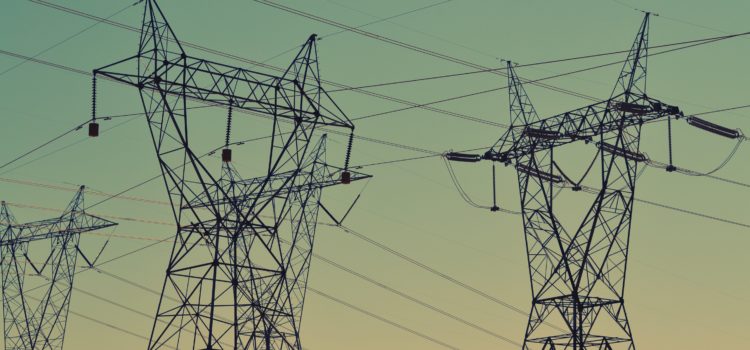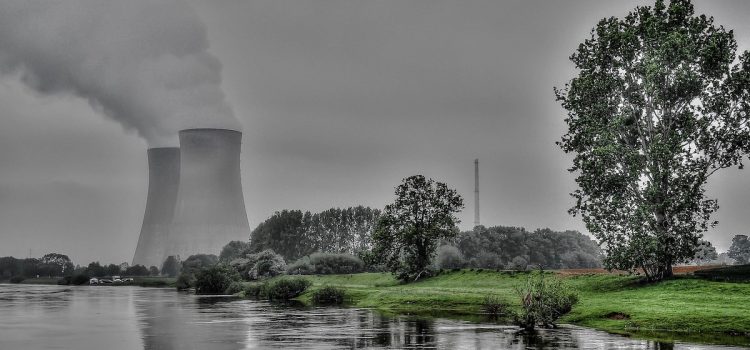How does society change? What’s the biggest factor? Is societal change predictable? Writing in the 1990s, James Davidson and William Rees-Mogg made major predictions about society’s future. They base them on what they call “megapolitics,” the theory that forms of government and economies are dictated mostly by circumstances, such as climate and the resources that are available. Keep reading to understand Davidson and Rees-Mogg’s theory of how society changes.
How Does Society Change? Exploring the Theory of Megapolitics










